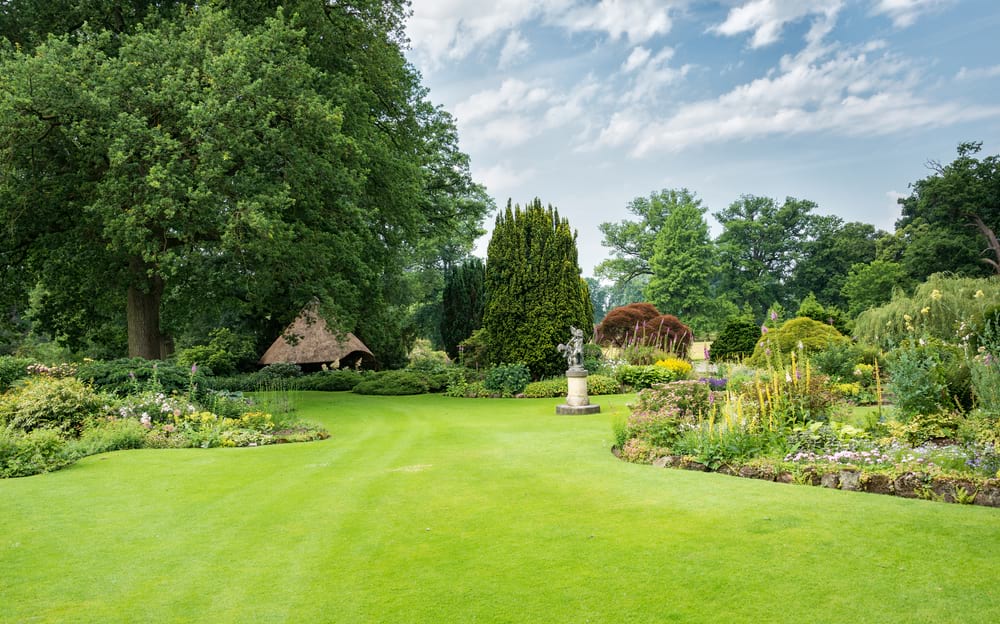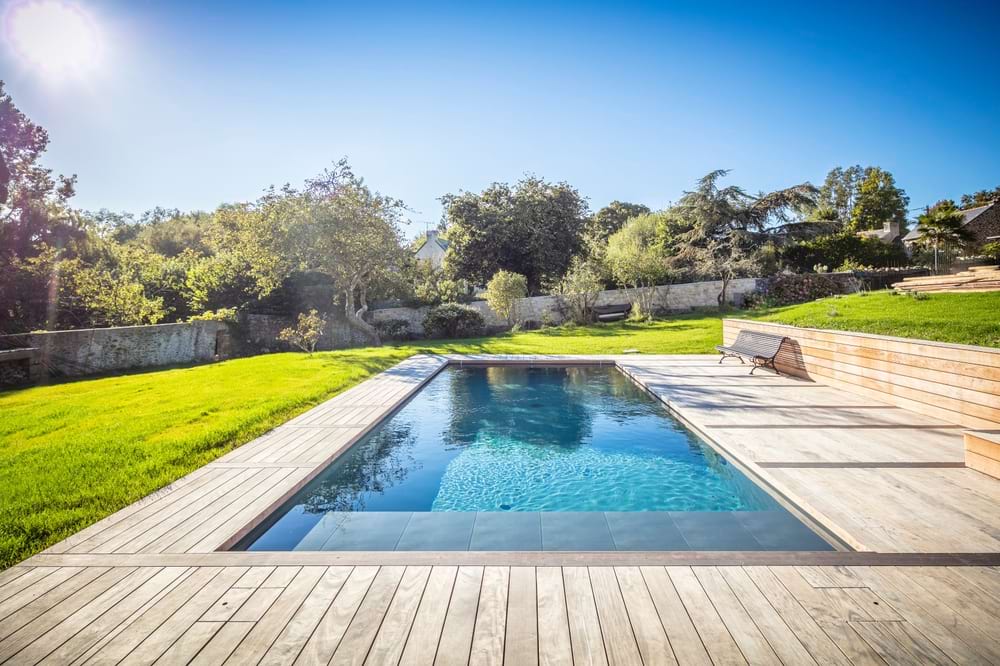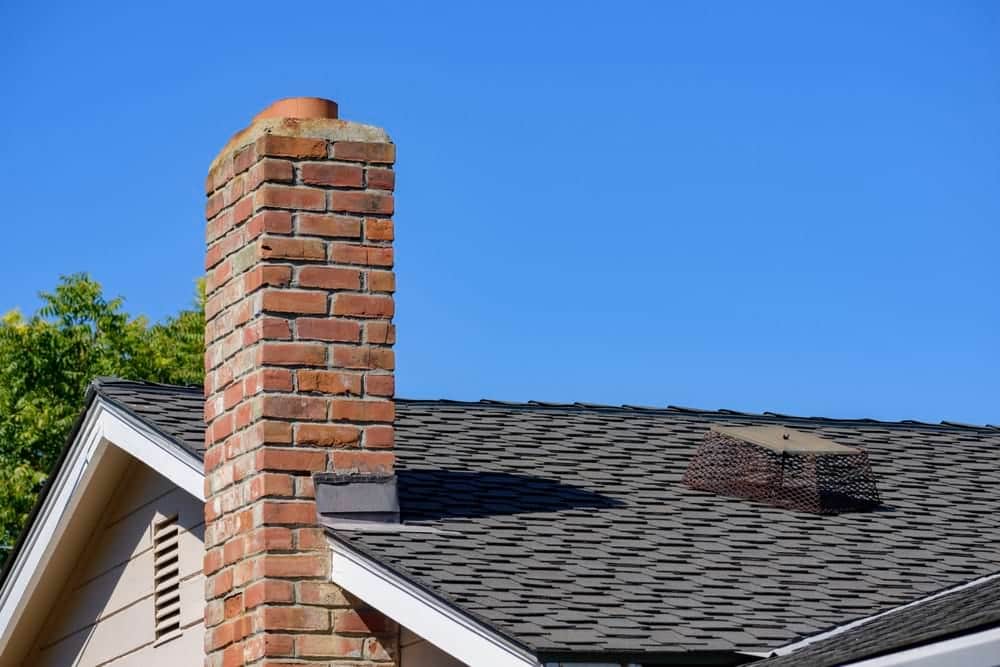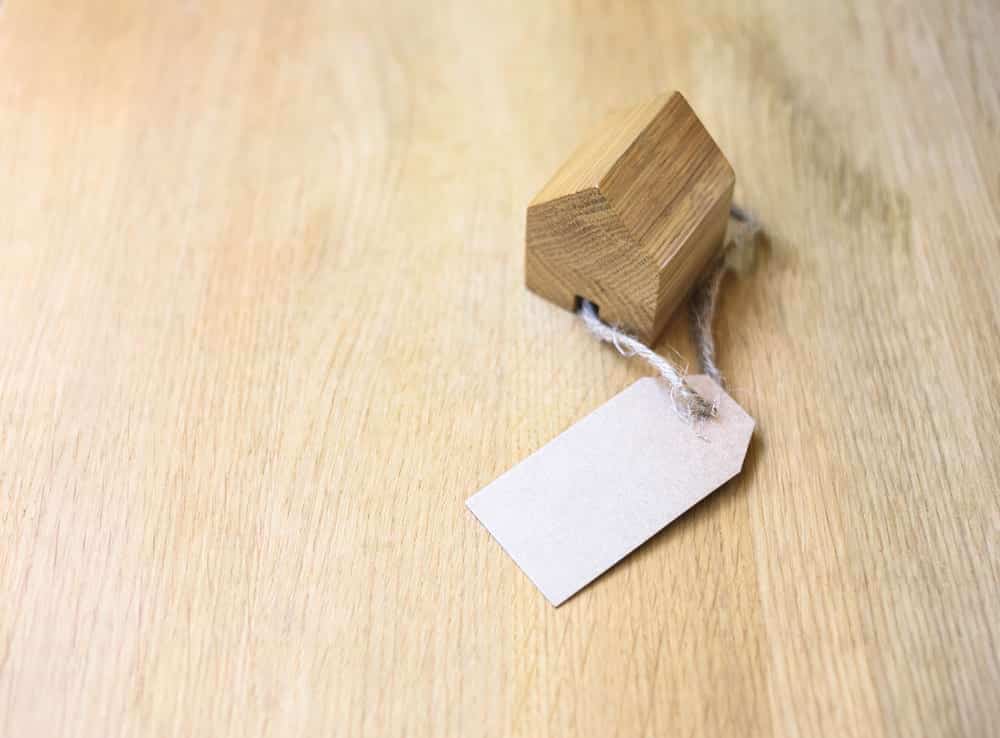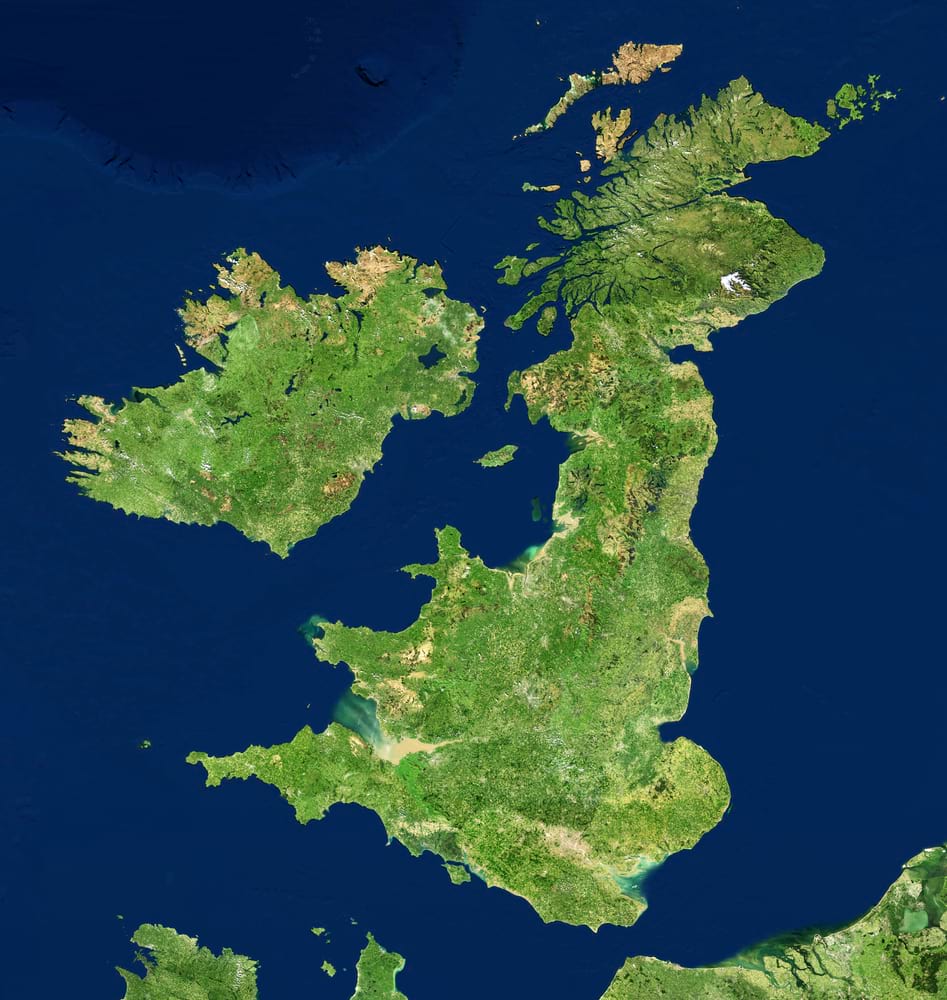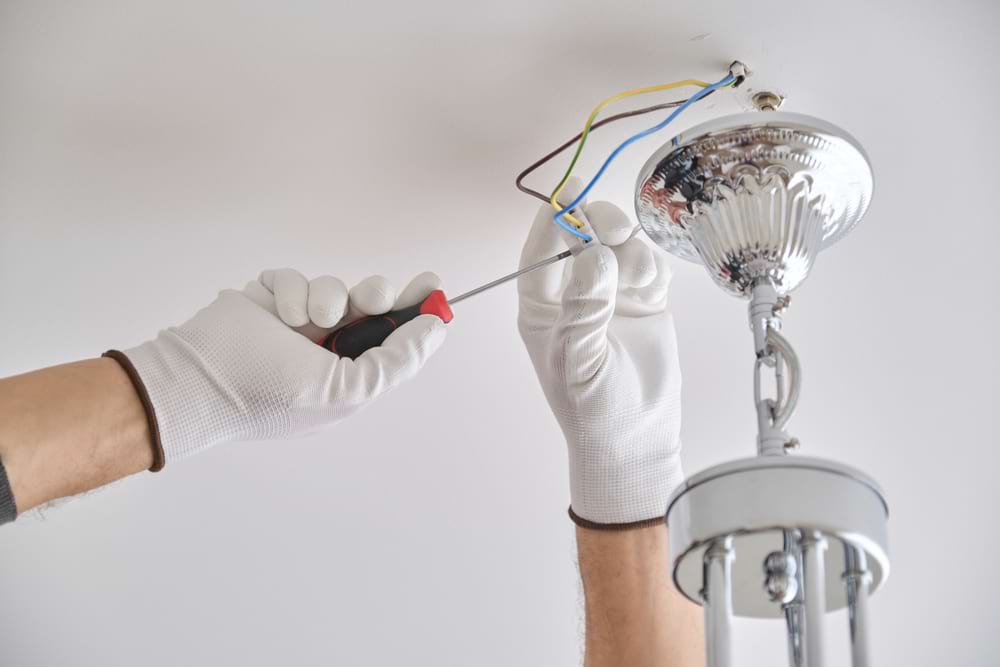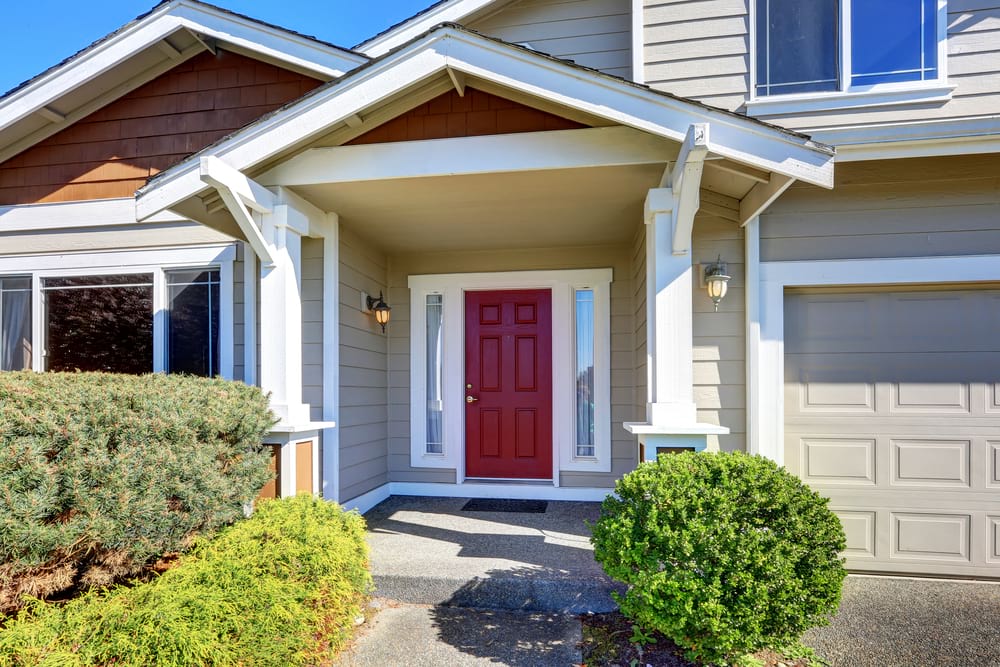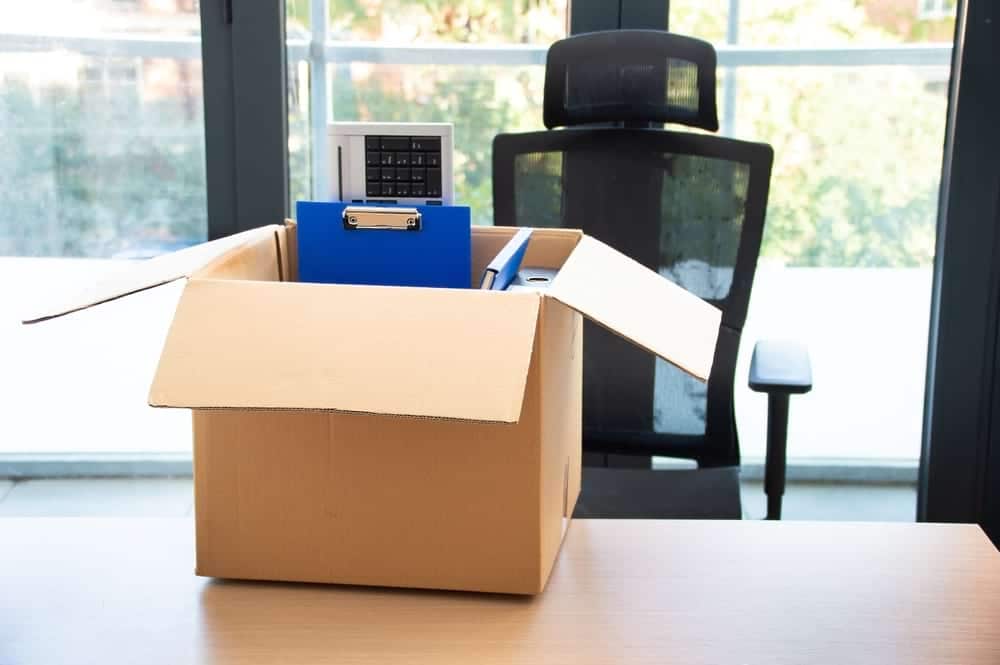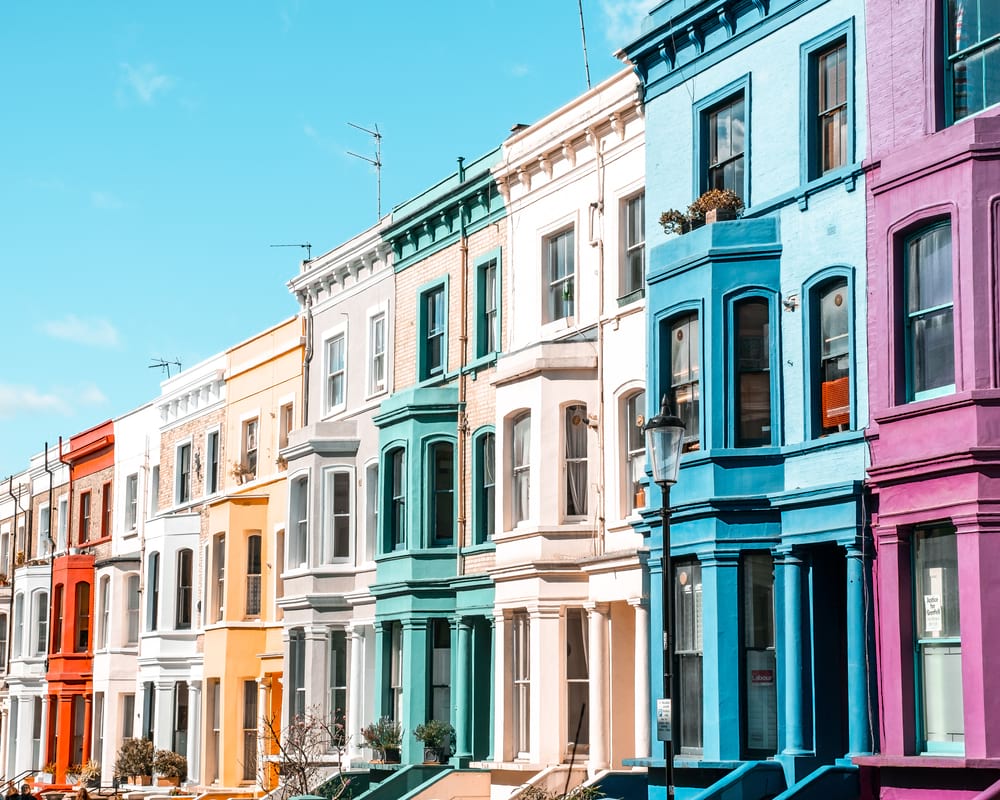The philosopher Francis Bacon once wrote:
God Almighty first planted a garden. And indeed, it is the purest of human pleasures.
Today’s property market is proof that this principle still holds.
Your garden will undoubtedly impact your property’s value, making it more likely to receive offers and to sell quickly.
But how much exactly does it move your asking price by? And what difference does it being nice make?
Keep reading to find out.
How does a garden impact property value?
Many experts predict gardens (or lack of gardens) can change house value by up to 20% in either direction.
So, theoretically, a property valued at £500,000 could be worth approximately £400,000 without the garden.
And one valued at £500,000 could be worth £600,000 if it had a garden.
What is a ‘nice’ garden?
Nice is obviously a subjective word.
However, in general, property professionals (and therefore most potential buyers) will generally consider gardens ‘nice’ when they are:
- In good condition: Well-kept, with good quality of grass, trees and flowers. Not overgrown and with man-made features (patios, sheds, etc.) in good condition
- Well-designed: This can range from simple, functional designs to intricate, quirky ones.
Garden features
Gardens come in all kinds of shapes and sizes.
Many aspects of them will contribute to how much of an impact they will make on a property’s value value, including:
- Size
- Boundaries
- Tidiness
- Types of plants.
How common is it to have a garden in the UK?
According to Office for National Statistics data, around 88% of UK properties have gardens.
This figure varies slightly across the country. In London, it’s 79%, and in Scotland it’s 87%.
Rural areas have the highest percentage of properties with a garden.
What size is a typical UK garden?
The median UK garden is around 188 square metres.
In Scotland it’s 226 square metres and in London it’s 140 square metres.
Why does a garden impact property value?
1. Increased square footage
More square footage almost always translates into a higher property value.
At its most basic level, a garden increases a property’s value simply by increasing its square footage.
2. Increased attractiveness
A garden – especially an attractive one – can greatly improve a property’s curb appeal.
It can compliment a property’s appearance both in photos and in-person viewings.
If all else is equal between two properties, the one with the more attractive garden will likely recieve more offers.
3. More potential for property development
Garden space can often be used to expand properties or build new structures (such as granny annexes, home offices, etc).
(As long as planning permission can be granted for it.)
Viewers will see the value in this potential even if they don’t immediately plan to use it.
4. More likely to stimulate viewers’ imaginations
Property purchases are important life choices. And during viewings, potential buyers will often try to imagine living in your property.
Anything that nudges their imagination in a positive direction will likely increase the likelihood and amount of an offer.
For example, ponds attract wildlife. Viewers might imagine watching this wildlife and the relaxation it will bring.
Or, seeing a swimming pool, they might use it regularly for exercise and or hosting parties. These will improve their health and social life, respectively.
(Whether they will use it as much as they imagine they will is another matter!)
Does a communal garden impact property value?
Any type of garden is likely to increase the value of your property. This includes a communal garden.
However, the percentage increase is unlikely to be as high compared to if you entirely owned the garden.
Remember that if you’ve got a communal garden as part of a block of flats, this’ll usually be reflected in the service charge you pay. Buyers will factor this into their offers.
Does a garden in poor condition increase or decrease house value?
A garden in poor condition usually makes a property more valuable than no garden at all.
Many buyers will reduce their offer if a garden is in bad condition. So, before you listing a property for sale, it’s in your interest to:
- Clearing away rubbish
- Cutting the grass
- Removing harmful plants (such as Japanese knotweed and similar plants) and pests
- Fixing features (patios, fences, sheds, etc.)
Buyers who might like a garden in poor condition
There is a subset of buyers who are particularly interested in buying a fixer-upper house.
These buyers may find an untidy garden appealing because of the potential it represents if they improve it.
So, they may actually find an untidy garden an attractive prospect. But this is largely because they believe it will enable them to give a lower offer.
Is the direction a garden faces important?
Yes, some estate agents and buyers are concerned about this.
- A south-facing garden usually gets the most sunlight overall
- A north-facing garden gets the least sunlight overall
- An east-facing garden receives the most sunlight in the morning
- A west-facing garden is bright in the late afternoon and evening.
These details impact what plants and trees can grow in a garden.
How to improve your garden
Basic gardening work
Before hosting house viewings, you should take care of basic gardening tasks (cutting grass, trimming bushes, removing weeds, etc.).
Hire a gardener if you don’t have the ability or time to do this.
Redesigning the garden
Gardeners can also advise you on changing the design of the garden.
But if you would like a more radical change in the garden, consider consulting a landscape architect.
Add new features
Adding new features is an obvious suggestion, but you shouldn’t spend more on this than the value it adds. Examples include:
- Decking
- Water features
- A shed
- Swimming pool or trampoline
- Vegetable patch
- Lighting.
